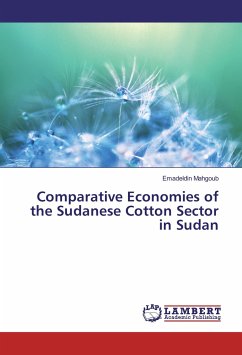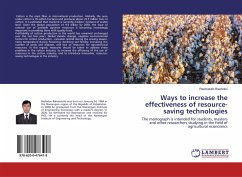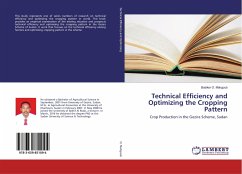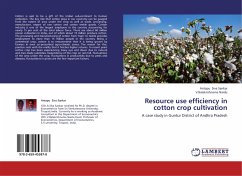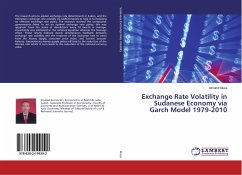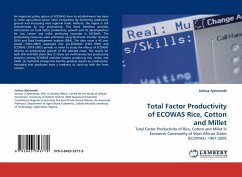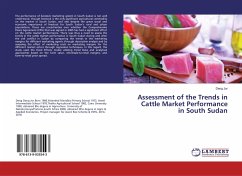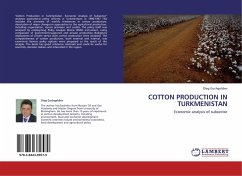This study aimed to analyze the international competitiveness as well as production incentive of cotton as an export crop in the main public irrigated schemes of Gezira, Rahad, New Halfa, and Essuki, in the light of the macro economics policy adopted since February 1992 with the respect of, financial and economic profitability, the comparative advantage of cotton in the use of domestic resources, and the protection level of cotton prices accorded to the producers. This study used secondary data of seasons 2003/04, 2004/05 and 2005/06, for the four irrigated schemes, Gezira, Rahad, New Halfa and Essuki, and the Policy Analysis Matrix (PAM) framework to do financial and economic analysis of cotton price policy effects. The study also used the budget analysis to assess and estimates the effects of tax and fees reforms on cotton crop in the Gezira scheme and government revenue. The results showed that cotton crop has a competitiveness advantage as an export product in both absolute and relative terms. The domestic resources cost were efficiently used to produce the crop. The results also indicated that the government price policy has taxed cotton mainly at the state level.
Hinweis: Dieser Artikel kann nur an eine deutsche Lieferadresse ausgeliefert werden.
Hinweis: Dieser Artikel kann nur an eine deutsche Lieferadresse ausgeliefert werden.

